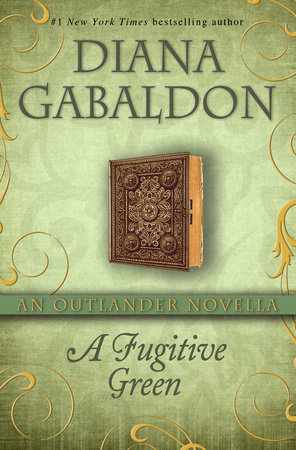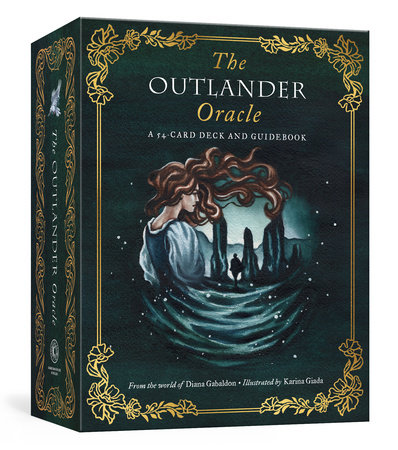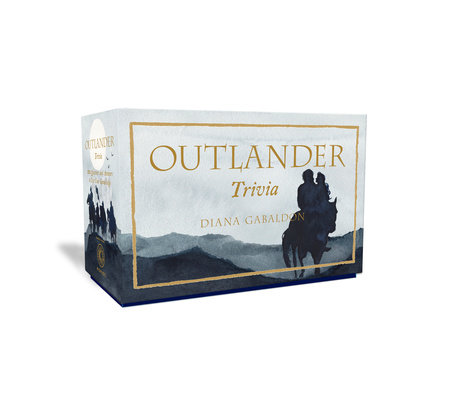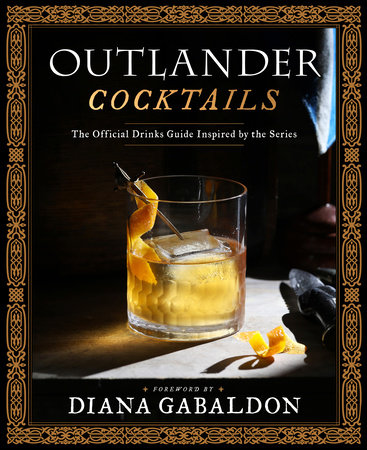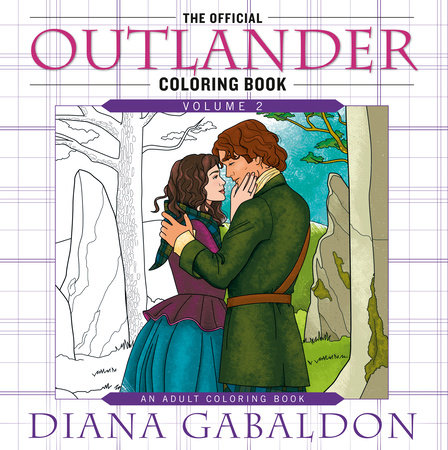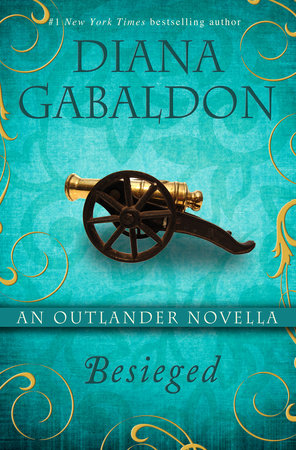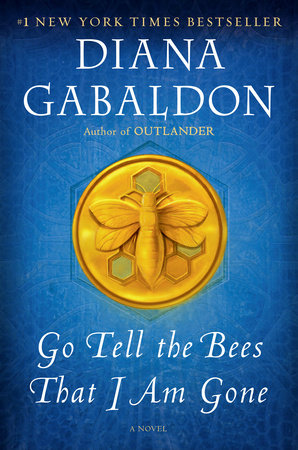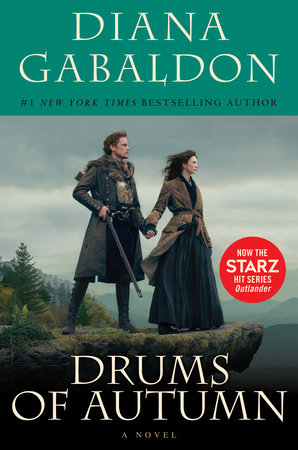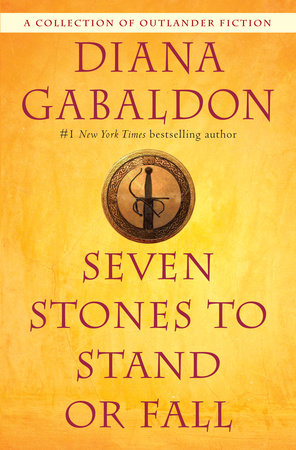Excerpt
A Fugitive Green
1
Survival Paris, April 1744
Minnie Rennie had secrets. Some were for sale and some were strictly her own. She touched the bosom of her dress and glanced toward the latticework door at the rear of the shop. Still closed, the blue curtains behind it drawn firmly shut.
Her father had secrets, too; Andrew Rennie (as he called himself in Paris) was outwardly a
dealer in rare books but more privately a collector of letters whose writers had never meant them to be read by any but the addressee. He also kept a stock of more fluid information, this soaked out of his visitors with a combination of tea, wine, small amounts of money, and his own considerable charm.
Minnie had a good head for wine, needed no money, and was impervious to her father’s magnetism. She did, however, have a decently filial respect for his powers of observation.
The murmur of voices from the back room didn’t have the rhythm of leave-taking, no scraping of chairs . . . She nipped across the book-crammed shop to the shelves of tracts and sermons.
Taking down a red-calf volume with marbled endpapers, titled
Collected Sermons of the Reverend George V. Sykes, she snatched the letter from the bosom of her dress, tucked it between the pages, and slid the book back into place. Just in time: there was movement in the back room, the putting down of cups, the slight raising of voices.
Heart thumping, she took one more glance at the Reverend Sykes and saw to her horror that she’d disturbed the dust on the shelf—there was a clear track pointing to the oxblood-leather spine. She darted back to the main counter, seized the feather duster kept under it, and had the entire section flicked over in a matter of moments.
She took several deep breaths; she mustn’t look flushed or flustered. Her father was an observant man—a trait that had (he often said, when instructing her in the art) kept him alive on more than one occasion.
But it was all right; the voices had changed again—some new point had come up.
She strolled composedly along the shelves and paused to look through the stacks of unsorted volumes that sat on a large table against the west wall. A strong scent of tobacco rose from the books, along with the usual smell of leather, buckram, glue, paper, and ink. This batch had plainly belonged to a man who liked a pipe when he read. She was paying little attention to the new stock, though; her mind was still on the letter.
The carter who had delivered this latest assemblage of books—the library of a deceased professor of history from Exeter—had given her a nod and a wink, and she’d slipped out with a market basket, meeting him round the corner by a fruiterer’s shop. A
livre tournois to the carter, and five
sous for a wooden basket of strawberries, and she’d been free to read the letter in the shelter of the alley before sauntering back to the shop, fruit in hand to explain her absence.
No salutation, no signature, as she’d requested—only the information:
Have found her, it read simply.
Mrs. Simpson, Chapel House, Parson’s Green, Peterborough Road, London. Mrs. Simpson. A name, at last. A name and a place, mysterious though both were.
Mrs. Simpson.
It had taken months, months of careful planning, choosing the men among the couriers her
father used who might be amenable to making a bit extra on the side and a bit more for keeping her inquiries quiet.
She didn’t know what her father might do should he find out that she’d been looking for her mother. But he’d refused for the last seventeen years to say a word about the woman; it was reasonable to assume he wouldn’t be pleased.
Mrs. Simpson. She said it silently, feeling the syllables in her mouth. Mrs. Simpson . . . Was her mother married again, then? Did she have other children?
Minnie swallowed. The thought that she might have half brothers or sisters was at once horrifying, intriguing . . . and startlingly painful. That someone else might have had her mother— hers!—for all those years . . .
“This will
not do,” she said aloud, though under her breath. She had no idea of
Mrs. Simpson’s personal circumstances, and it was pointless to waste emotion on something that might not exist. She blinked hard to refocus her mind and suddenly saw it.
The thing sitting atop a pigskin-bound edition of Volume III of
History of the Papacy (Antwerp) was as long as her thumb and, for a cockroach, remarkably immobile. Minnie had been staring at it unwittingly for nearly a minute, and it hadn’t so much as twitched an antenna. Perhaps it was dead? She picked a ratty quill out of the collection in the Chinese jar and gingerly poked the thing with the quill’s pointy end.
The thing hissed like a teakettle and she let out a small yelp, dropping the quill and leaping backward. The roach, disturbed, turned round in a slow, huffy circle, then settled back on the gilt- embossed capital “P” and tucked its thorny legs back under itself, obviously preparing to resume its nap.
“Oh, I don’t
think so,” she said to it, and turned to the shelves in search of something heavy enough to smash it but with a cover that wouldn’t show the stain. She’d set her hand on a Vulgate Bible with a dark-brown pebble-grain cover when the secret door beside the shelves opened, revealing her father.
“Oh, you’ve met Frederick?” he said, stepping forward and taking the Bible out of her hand. “You needn’t worry, my dear; he’s quite tame.”
“Tame? Who would trouble to domesticate a cockroach?”
“The inhabitants of Madagascar, or so I’m told. Though the trait is heritable; Frederick here is the descendant of a long and noble line of hissing cockroaches but has never set foot on the soil of his native land. He was born—or hatched, I suppose—in Bristol.”
Frederick had suspended his nap long enough to nuzzle inquiringly at her father’s thumb, extended as one might hold out one’s knuckles to a strange dog. Evidently finding the scent acceptable, the roach strolled up the thumb and onto the back of her father’s hand. Minnie twitched, unable to keep the gooseflesh from rippling up her arms.
Mr. Rennie edged carefully toward the big shelves on the east wall, hand cradled next to his chest. These shelves contained the salable but less-valuable books: a jumble of everything from
Culpeper’s Herbal to tattered copies of Shakespeare’s plays and—by far the most popular—a large collection of the more lurid gallows confessions of an assortment of highwaymen, murderers, forgers, and husband-slayers. Amid the volumes and pamphlets was scattered a miscellany of small curiosities, ranging from a toy bronze cannon and a handful of sharp-edged stones said to be used at the dawn of time for scraping hides to a Chinese fan that showed erotic scenes when spread. Her father picked a wicker cricket cage from the detritus and decanted Frederick neatly into it.
“Not before time, either, old cock,” he said to the roach, now standing on its hind legs and peering out through the wickerwork. “Here’s your new master, just coming.”
Minerva peered round her father and her heart jumped a little; she recognized that tall, broad- shouldered silhouette automatically ducking beneath the lintel in order to avoid being brained.
“Lord Broch Tuarach!” Her father stepped forward, beaming, and inclined his head to the customer.
“Mr. Fraser will do,” he said, as always, extending a hand. “Your servant, sir.”
He’d brought a scent of the streets inside with him: the sticky sap of the plane trees, dust, manure and offal, and Paris’s pervasive smell of piss, lightly perfumed by the orange-sellers outside the theater down the street. He carried his own deep tang of sweat, wine, and oak casks, as well; he often came from his warehouse. She inhaled appreciatively, then let her breath out as he turned, smiling, from her father toward her.
“Mademoiselle Rennie,” he said, in a deep Scotch accent that rolled the “R” delightfully. He
seemed a bit surprised when she held out her hand, but he obligingly bent over it, breathing courteously on her knuckles.
If I were married, he’d kiss it, she thought, her grip tightening unconsciously on his. He blinked, feeling it, but straightened up and bowed to her, as elegantly as any courtier.


